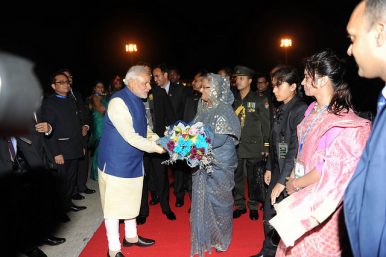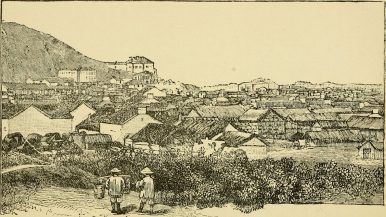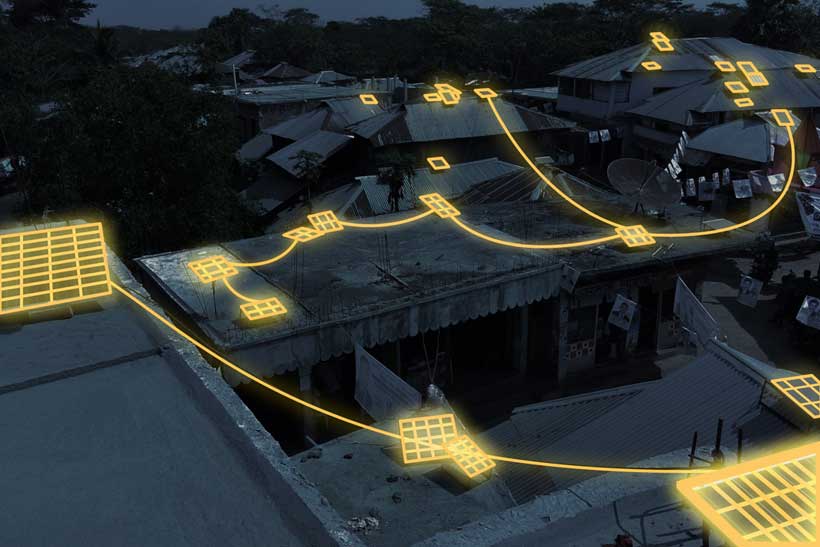Sandip Sen
Mining in India is rife with vested interests and corruption. The Indian citizen is an ignored stakeholder. This exhaustive essay illustrates these problems through the stories of two plants. In this article we look at two closed plants from the point of view of the Indian citizen. These are plants where millions of dollars have been invested, but which are closed due to two entirely different reasons. The first plant is Anrak Aluminum, a joint-sector FDI project with investment from UAE that has been completed in 2013 in Vishakapatnam, but lying idle. It has been closed due to non supply of bauxite by Andhra Pradesh Mining Development Corporation that has cited opposition to bauxite mining in tribal areas among other reasons.












/arc-anglerfish-arc2-prod-mco.s3.amazonaws.com/public/5KAPKJOPANCONPXNPMBO6QDGAQ.jpg)
/arc-anglerfish-arc2-prod-mco.s3.amazonaws.com/public/76KY3CPPJJFUNJEY4OGMLCMUFI.jpg)

